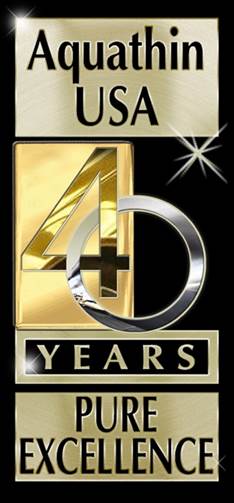Water coalition decries state's poor
LANSING, MI A coalition of environmental groups, businesses and government officials lined up Thursday across the state to call attention to what they call the deteriorating condition of Michigan's sewer and water treatment systems. Clean Water Committee members said in a news release that several billion gallons of untreated waste water, choked with untreated raw sewage and other toxins, end up in rivers, lakes and on beaches because the system is over-stressed and worn out.
"Whether you care about the environment, a strong economy or public health, there cannot be a more pressing issue involving all three than the condition of our aging sewer systems," said state Sen. Ken Sikkema, chairman of the coalition. "If we don't change something now, we will only wind up paying a greater cost later, not just for cleanup but also in terms of the cost to our way of life," he added. The coalition backs a ballot proposal that would increase by $1 billion the state's fund for repairing existing sewer systems. According to the news release, the state would be authorized to sell bonds to provide the increased funding. As a result, the influx of dollars for sewer provements would be paid off over 20 years, and would not require an increase in taxes.
The plan was approved with overwhelming bipartisan majorities of both the state's House and State. Gov. John Engler signed the legislation, but because it involves the sale of state bonds, the plan must be approved by the state's voters before it can take effect, officials said.
All across Michigan, deteriorated sewer systems are often overwhelmed and frequently overflow, particularly after heavy rainfall, the coalition said. The result, said the group, is several billion gallons of untreated water, carrying human feces, pesticides and other toxins into rivers, lakes and beaches.
Michigan already allows local units of government to borrow from the State Revolving Fund, used to provide low-interest loans to local governments for sewer repairs. But coalition members said the fund doesn't have enough money to address the problem. While about $200 million in loans are made each year, the demand for loans is around $400 million and could increase to as much as $500 million each year. The coalition said if passed, the bond proposal would double the amount of funding available to pay for these projects.
FOR THE BEST TASTE IN LIFE
Think Aquathin...AquathinK!!
Edited from Tech Bank 8/29/02


